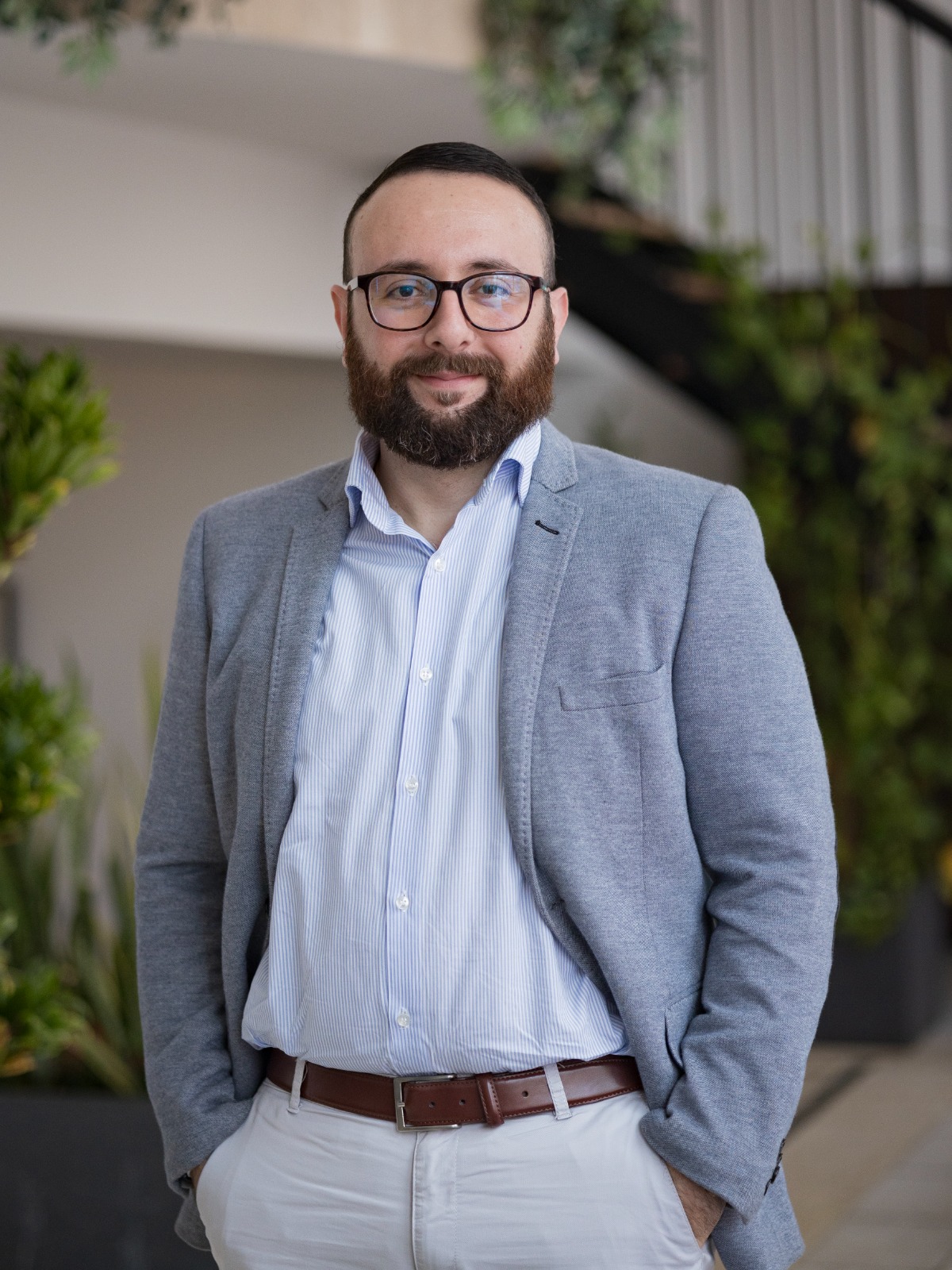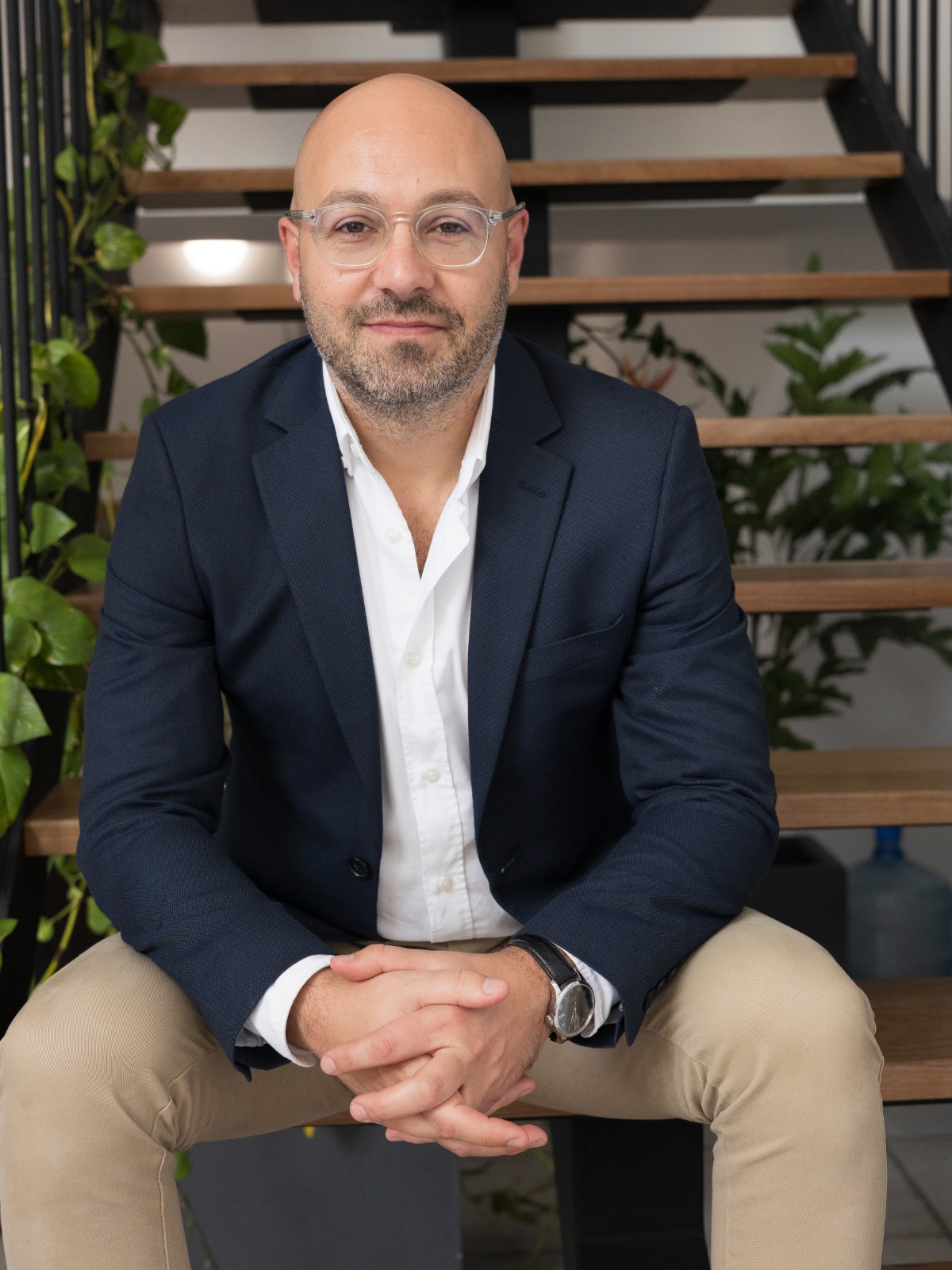In an era where industry-specific skills are increasingly valued, being able to tailor English-language learning to meet professional demands has become essential. And BELS is one of the names that’s increasingly becoming synonymous with bridging the gap between market needs and industry resources. WhosWho.mt met up with Daniel Bongalais and Ryan Grech, school operation managers for Malta and Gozo respectively, to understand how the school operations are tailored towards delivering highly-customised English training that adapts to the evolving needs of different industries.
So how do the two work together to ensure that BELS' curriculum is aligned with the changing needs of industries, so it’s relevant for clients seeking language training for professional purposes?
“We follow multiple stages to achieve this. When we’re contacted by a client, we start out by liaising directly with the academic team to gain insight about the best ways to meet these needs. Their feedback is incorporated into the offer, and we present it to the client. We then go back to the academic team and keep adapting accordingly until we reach a customised programme that fits that client,” Daniel and Ryan explain.

Daniel Bongalais, School Operations Manager, BELS Malta
The process doesn’t stop there, and tweaks continue to be carried out even while the course is ongoing if necessary. But of course, it’s not just about the programme itself - it is just as crucial for the learning process itself to be on point. BELS, in fact, is known for incorporating unique teaching methods for adult learners.
On the operational side we ensure the academic team is equipped to deliver unique experiences. We prioritise a hands-on approach, with task-based learnings, simulations and case studies relevant to their professional environment. The aim is to present real-world learning scenarios within the curriculum, ensuring practical application for corporate clients,” the operation managers explain.
To this end, they collaborate with the academic team to create a seamless experience that translates to real settings.
“We structure these sessions to the individual. Our students don’t simply learn language skills with no context. They get to practice applying them in the immediate workplace.”
As an example, they use a case study of a client who requested specific lessons related to dentistry. The operations team adapted the medical modules on the VR goggles to fit that specific sector, and they do this with all industries.
“Let’s say the student works in an office environment. The VR modules will reflect this to simulate being in an actual office. This makes the whole process a lot more engaging, people learn faster, and it’s a win-win for everyone.”
The placement procedure, Ryan and Daniel tell me, is another crucial operational step. An initial meeting is set up to understand the students’ level, what they need to gain from the training, and how flexible they are.
“The key is to keep everything flexible and customised. In one corporate group it’s typical to find different language abilities, for example. We may decide to place some of the students at one level, and the rest at another for the purposes of the baseline course. Then, when it comes to the industry-specific parts they would do their training together,” Daniel and Ryan explain.
In this way, each individual student is guaranteed to flourish and to achieve what’s needed from their training. Even availability is taken into account, with the teams being extremely flexible.

Ryan Grech, School Operations Manager, BELS Gozo
“This is why the initial meetings are so important, as they equip us with the knowledge to create the best package both with respect to content and logistics. Will it be an evening course, one-to-one weekend sessions, 100 per cent remote training? This is all decided according to the needs of the client.”
The initial plan is not necessarily written in stone, either, they explain. Sometime it is only after training starts that it becomes apparent the needs of the students are different from what was originally planned. This is especially common with regards to groups, when individual abilities become more apparent at a later stage. In this case, the format of the training is adjusted accordingly.
How is this operational flexibility maintained without compromising the actual quality of the teaching programme? The answer is small class sizes and continuous programme support. BELS teachers also ongoing professional development for teachers to ensure that they’re equipped to provide training to the highest levels even with very industry-specific students.
“Besides the regular training, we also have tailor-made training based on the clients’ needs. For instance, if we’re organising a specific course related to English for the financial sector, we will handpick teachers who are qualified within that industry. If these aren’t available we seek alternate training. All our trainers are knowledgeable about the sector in which they’re teaching,” Daniel and Ryan insist.
What if there’s no-one available? Then, they adapt. Such as when a student in Gozo required classes specifically based on music. One of the teachers was trained on this, but after a few sessions the student said that the musical element was not detailed enough.
“So we brought in an orchestra conductor to be part of the sessions and impart the requested knowledge. It’s a matter of finding the best people to fulfil the client’s needs, and we do go out of our way to provide what they need.”
Both Daniel and Ryan believe that personalisation is the keyword towards ensuring adult learners are kept engaged and motivated. This approach, they say, has also contributed to the school’s high retention rates.
“We understand exactly what is required and create that. The academic team is as flexible as we are, and this is not a 9 to 5, Monday to Friday scenario. Quite the opposite, as we also carry out training in different time zones.”
And finally, we circle back to monitoring feedback from clients - even after training has ended.
“When a corporate client enrols a group of students with us, and then returns with a second and third group, that’s the best kind of indication for us that what we’re doing is working. Client centricity is our USP, and we maintain that at all stages of training - both before and after,” Daniel and Ryan conclude.
Main Image:
